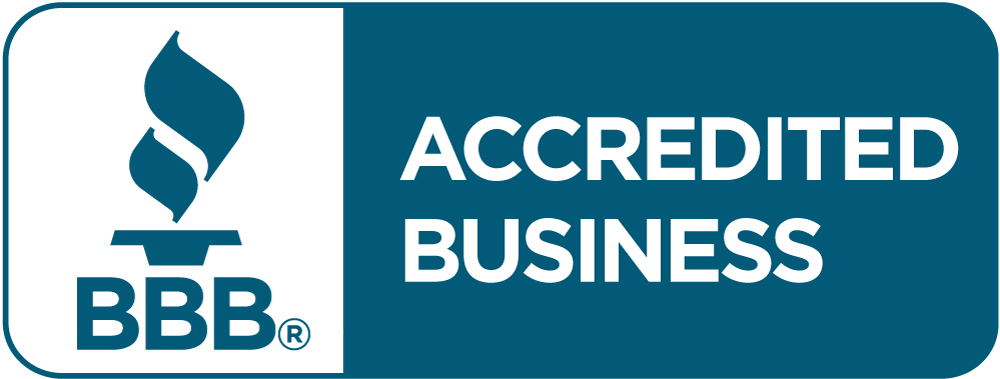Quick Links
ToggleYou’re getting ready to take the next step in your business and looking for a small business loan. You find a lender and — after successfully applying — the lender sends you a loan agreement with the details of your contract. Within the agreement, you notice a section that seems to say you’ll waive your right to defend yourself if you default on the loan.
This is called a confession of judgment (COJ) and is considered a predatory lending practice. Despite being frowned upon, confessions of judgment are legal in business loans in certain states. Keep reading to better understand what a COJ is, how it works, and how you can avoid signing one when you get a business loan.
What Is a Confession of Judgment?
A confession of judgment is a legal document some lenders include in business loan agreements that waives your right to due process if the contract is broken. If you sign a COJ, you’re giving up your chance to defend yourself in court if your lender claims you didn’t comply with the contract.
In simple terms, a COJ means you admit to breaking your contract or not repaying the loan as agreed — even before the loan is in effect. Think of it as confessing to a crime before the crime is even committed.
How Does a Confession of Judgment Work?
With a COJ in place, your lender can go to court and get a judgment against you without involving you in the process. A COJ often allows lenders to skip the normal procedures for getting a judgment, such as filing a complaint or having a trial.
The process often looks like this:
- Your lender gets your COJ in writing.
- You default on your loan (or in some cases, simply make a late payment).
- Without notifying you, your lender goes to court and claims your contract was breached.
- The court acts on the COJ language in your contract and issues a judgment against you.
- Your lender takes the judgment to your bank, where they will have to freeze your assets and give them to your lender.
Are Confessions of Judgment Legal?
Yes and no, depending on the type of loan and where you’re located. Federally, confessions of judgment are not allowed in any consumer contracts. That means you won’t see COJ language in non-business loans.
For commercial contracts like small business loans, however, the job of outlawing confessions of judgment falls on individual states. Many states do not allow COJ language in business loans and contracts, but there are a handful of states that do:
- Illinois
- Maryland
- Michigan
- Minnesota
- New Jersey
- Ohio
- Pennsylvania
- Texas
- Virginia
The laws regarding the enforcement of COJ clauses vary between these states. In Michigan, for example, lenders have to provide a confession of judgment separate from the loan contract.
How Do You Spot a Confession of Judgment When Applying for a Loan?
More often than not, lenders include COJ language somewhere in the heart of your contract. As business loan contracts are often long and confusing, tucking COJ language away in the contract makes it less likely a borrower will notice it.
The key to finding — and avoiding — a confession of judgment is to read all of the documents from your lender carefully. You may even want to consult a lawyer to help you spot predatory language in your contract.
Should You Sign a Confession of Judgment?
No; it’s against your best interest to sign a confession of judgment. Even if your business desperately needs the funds, there are other options to help you cover business expenses without giving up your right to due process.
If a lender asks you to sign a COJ, find a new lender. A reputable lender won’t make you give up your rights to get sufficient funding for your small business.
How to Get a Loan Without a Confession of Judgment
You don’t have to sign a COJ to get a business loan. Lenders like Zinch work with you to find flexible financing options that fit your business needs without resorting to predatory practices.
See how Zinch can help your business cover expenses or grow to new heights by applying for a term loan or cash advance. Apply now or call us at (714) 500-6622, and you could qualify for up to $250,000 in as little as 24 hours.










